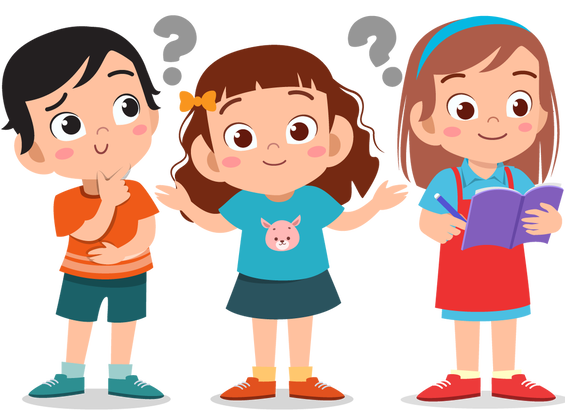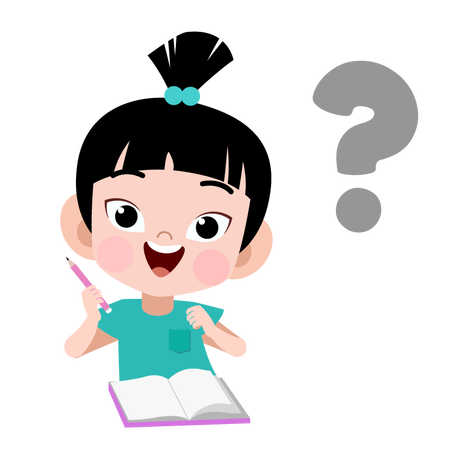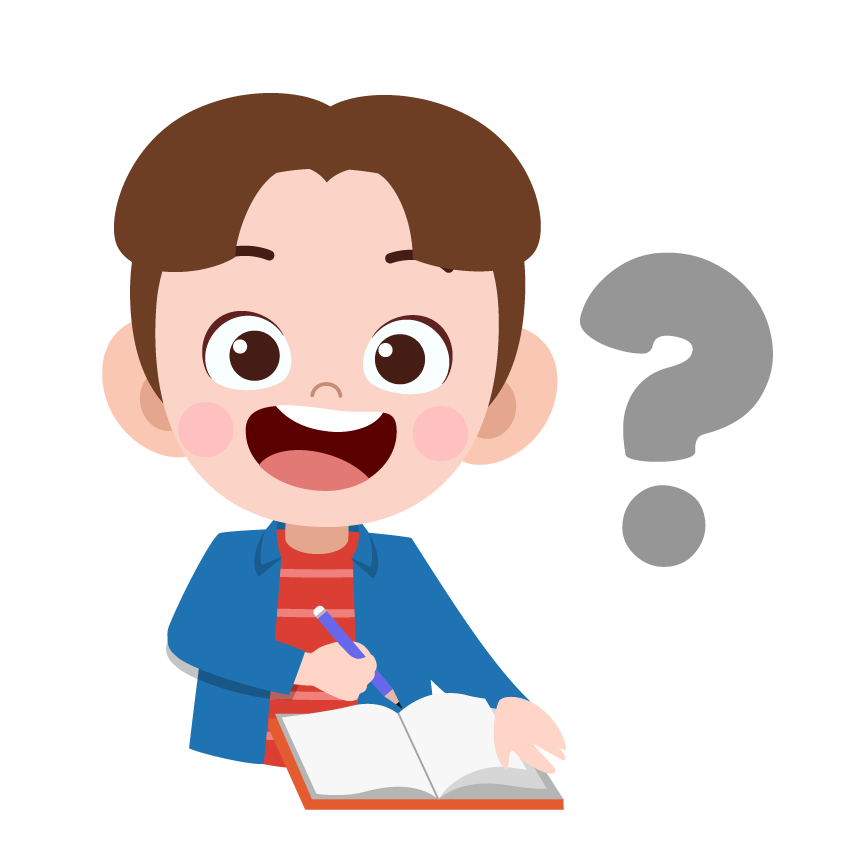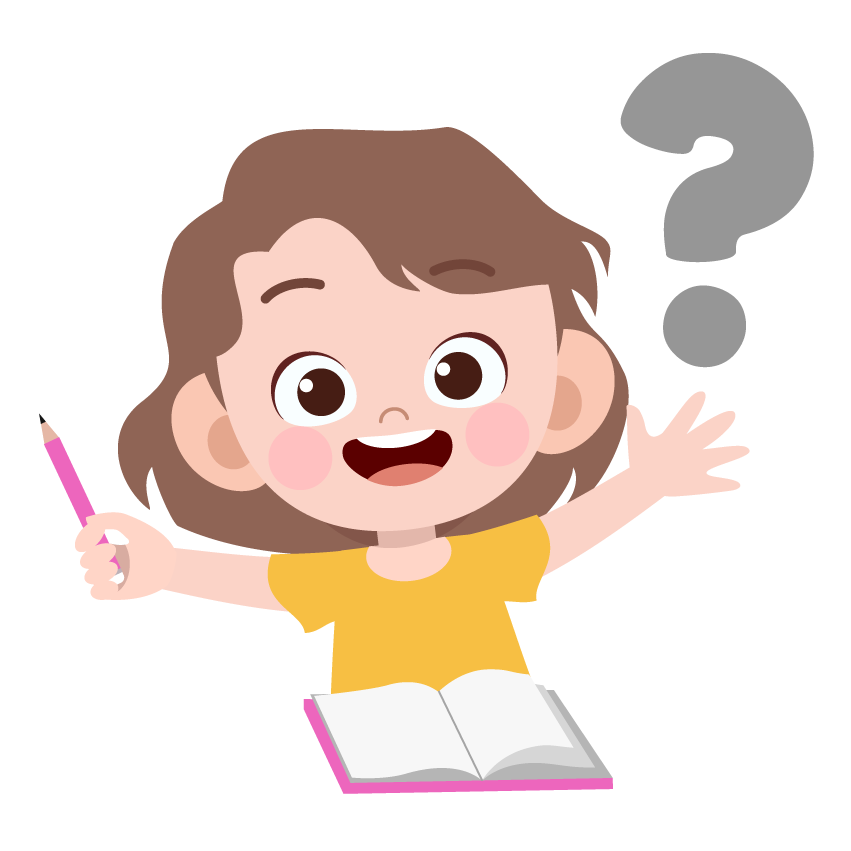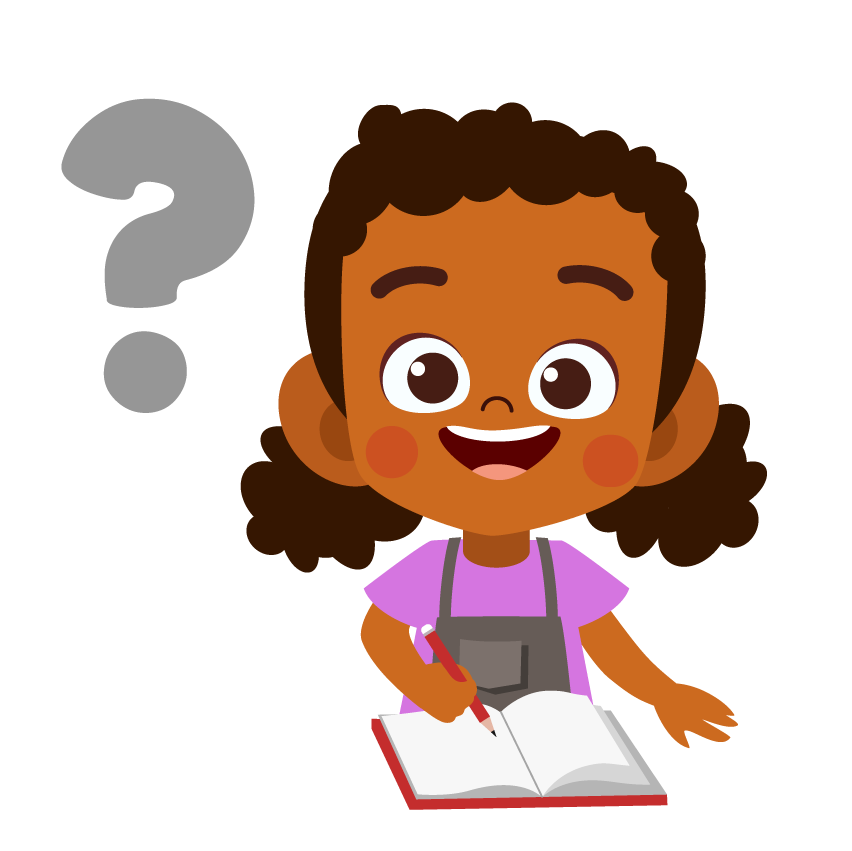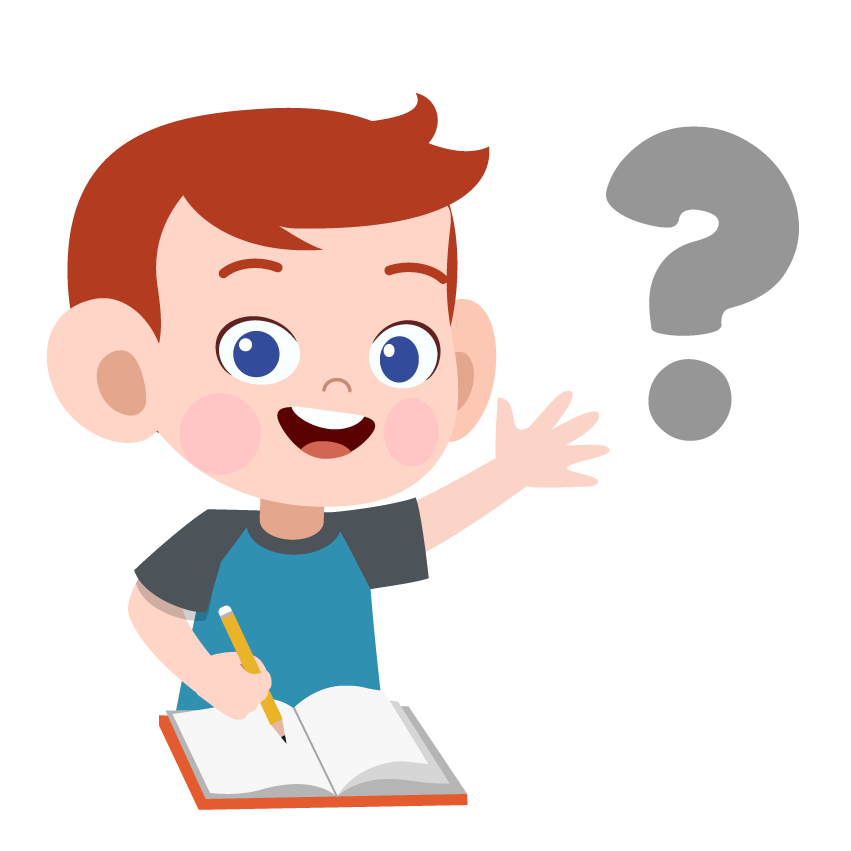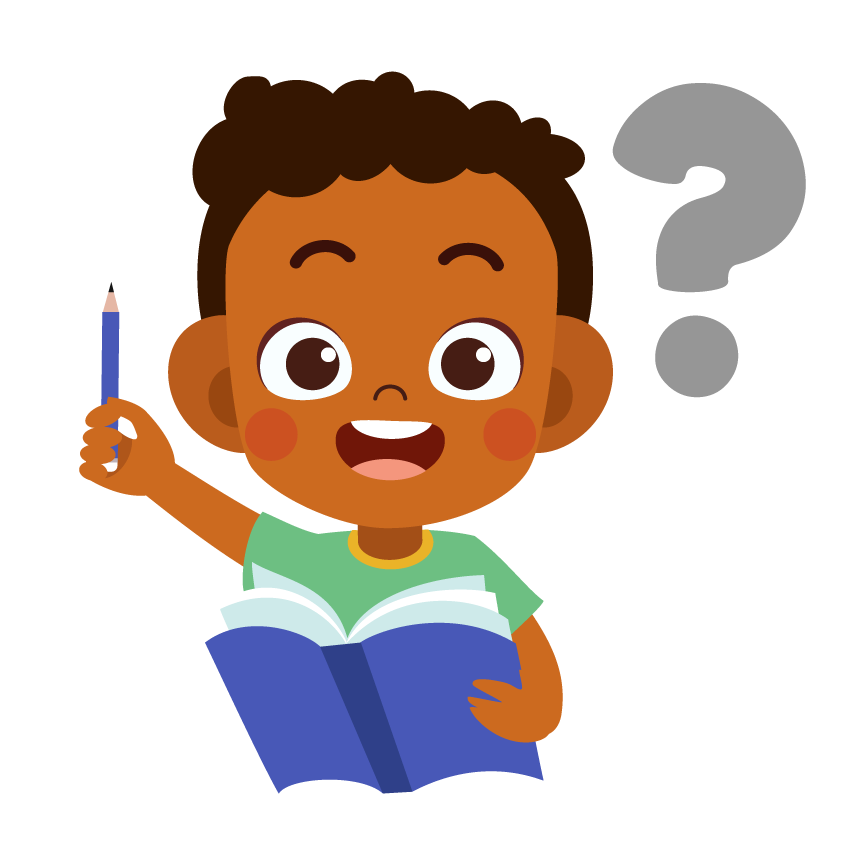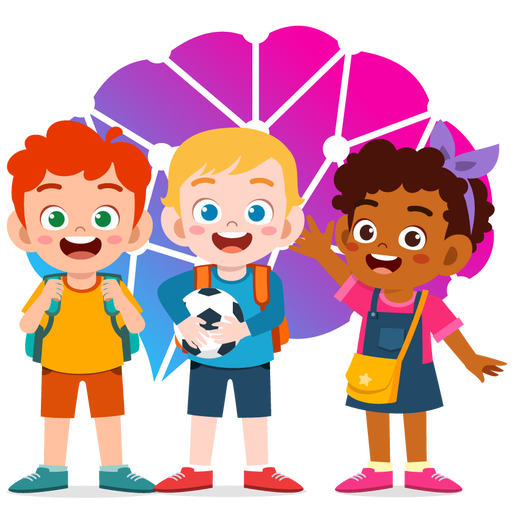|
Do children learn how to read naturally?
Research shows that we do not develop reading skills naturally. About 40% of children intuitively learn to read regardless of the mode of instruction. But for many children, specific decoding, word recognition, and reading comprehension skills must be taught directly and systematically. The direct and systematic reading instruction of children is strongly recommended by the science of reading. The science of reading is a vast, interdisciplinary body of scientifically-based research about reading and issues related to reading and writing. |
|
Why do some kids have difficulty in learning how to read? Having trouble with reading is a common problem — about one in five people struggle with reading in some way. Children can have reading difficulties for lots of reasons. Sometimes, it's a matter of time since not all kids develop the same sets of skills on the same timeline. Some children struggle because they've received poor or inadequate reading instruction. For others, reading difficulties can be caused by differences in how the brain develops. These thinking and learning differences don't go away. But with the right support, the barriers for reading can be overcome and the children can learn how to read well. |
|
My child is having trouble with reading. Does that mean he/she has dyslexia?
Not necessarily. Reading challenges occur on a continuum. You’ll need to have your child tested for dyslexia as part of a full evaluation. Testing for dyslexia will identify specific areas of weakness in reading. Here are examples of skills a test for dyslexia may assess:
When it comes to dyslexia tests, there is more than one test that can measure each skill. The exact test used will depend on the person doing the evaluation. |
|
My child is having trouble with reading. Does that mean that my kid isn't smart?
If your child struggles with reading, it does not mean he or she isn’t smart. There are many reasons why he or she may be struggling, and most have nothing to do with intelligence. Learning why your child is struggling can help him or her develop the skills needed to become a more skilled and confident reader. Also, please remember that students learn differently and at different rates. Not all students will develop in the same way or at the same rate. But, if you suspect your child is having difficulty with reading, don’t wait to see if he or she improves on his or her own—it can be an even bigger challenge to catch up. Find the help you need so that your child does not get too far behind in learning how to read. |
|
My child is having trouble with reading. What should I do?
The key for parents like you is to be aware of how your child is doing. For example, check if your preschooler has difficulty in pronouncing or rhyming words, or in learning the alphabet, colors, or shapes. Then act immediately if you suspect a problem. When your child has a reading-related difficulty - whether he or she has been formally identified as dyslexic or not - consider doing the following actions:
|
|
How can SPATIAL LEARNERS help?
Our team at Spatial Learners creates direct and systematic instructional resources that are focused on developing reading skills. Below are skills that the Spatial Learners Reading Program assess and develop:
|
"The transition to literacy is not 'natural'. It requires specific and prolonged instruction. It builds directly on oral language competencies acquired before school entry. In addition, it is an important mental health protective factor."
- Dr. Pamela Snow
- Dr. Pamela Snow
